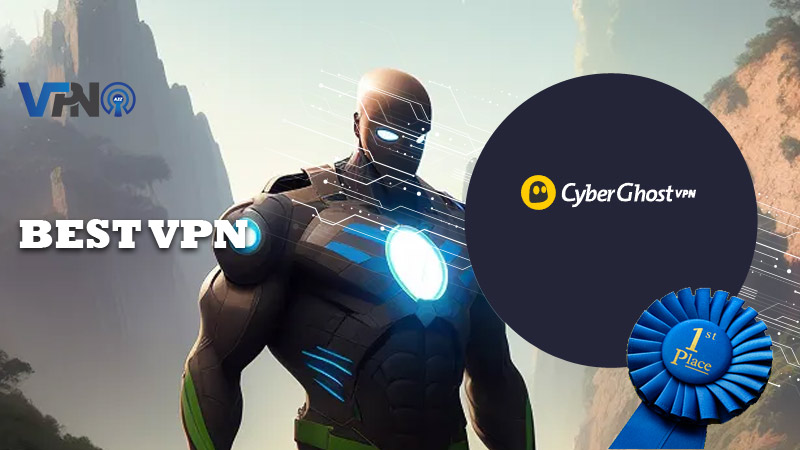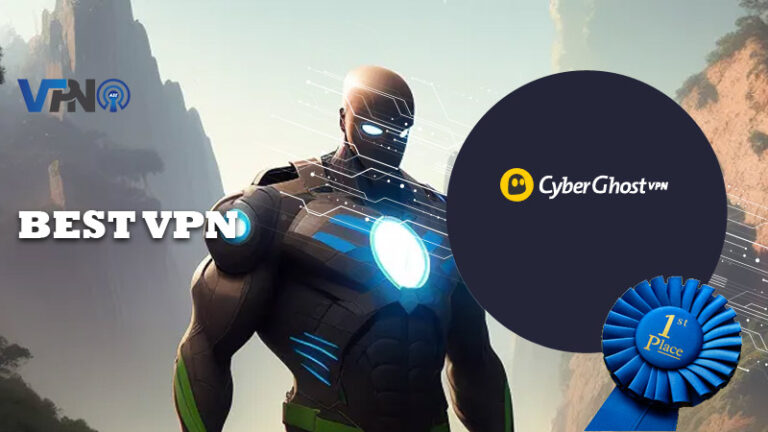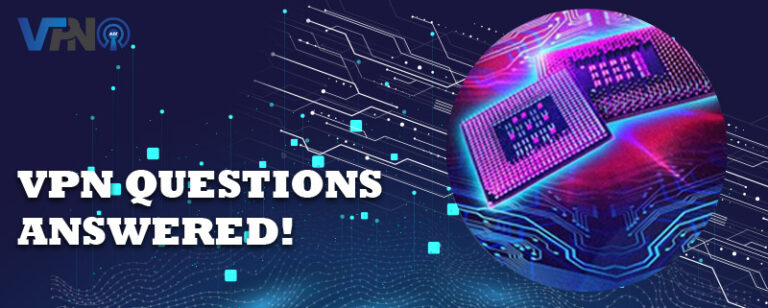What is VPN and Why Do I Need It?
VPN stands for “virtual private network.” It’s an online security and privacy tool that encrypts your data before it goes over the internet.

2. PIA - Ton of servers world wide, but especially great in United States.***

3. NordVPN - The bigger the better! A great choice everywhere!***

4. ExpressVPN - Trusted by millions in over 180 countries!***

5. SurfShark - Amazing deal right now!***

6. PrivadoVPN - Exclusive deal - Cheapest 1 year deal online - ONLY through this link***

*** Offers money-back guarantee. So try them risk free!
It’s especially helpful when you’re accessing public Wi-Fi and want to remain anonymous.
It can also protect your business transactions and keep you safe from advertising trackers. Moreover, it’s a great way to bypass geo-blocks and watch Netflix abroad.
Privacy
Virtual private networks (VPNs) are an excellent way to protect your privacy online. They hide your IP address, location, browser history and web activity while connecting to the internet. This protects you from hackers who can steal your personal information and other sensitive data.
Normally, your Internet Service Provider (ISP) keeps track of your internet traffic via an IP address. They may seem trustworthy, but they can also hand over your browsing history to advertisers and third parties.
Some ISPs also impose bandwidth limits to encourage customers to sign up for a higher-priced plan that offers faster speeds. VPNs can help you bypass these restrictions and enjoy unlimited internet speed.
A VPN can also be used to browse the internet anonymously and securely, so that you don’t have to worry about your personal or business data being stolen by strangers. The best VPNs are secure and use strong encryption technology to protect your data from snoopers.
In addition, they can also be used to protect your devices and prevent them from falling victim to malware or viruses. A good VPN also encrypts data before it leaves your device, so that it’s impossible for cyber criminals to decipher it.
Another great feature of a VPN is that it can be used to bypass geo-blocking and access content that’s blocked in your area. This can be particularly useful when you’re traveling for work and need to access websites that aren’t accessible in your home country.
Moreover, some VPNs can be used to secure a business’ network and keep confidential information safe from unauthorized employees. If an employee connects to a public network without using a VPN, it could potentially allow anyone to access company files and customer information.
A VPN is an effective and affordable way to avoid a security breach. The security industry has improved a lot since VPNs first became popular. Today, most websites use HTTPS connections to encrypt their traffic.
While a VPN is an important tool for protecting your privacy, it shouldn’t be used in place of other online security tools. For example, private tabs in Opera will help you keep your web history and search history from being saved by the browser. Additionally, a kill switch can be used to prevent data leaks if your VPN connection drops unexpectedly.
Security
Security is a major concern for many people, and VPNs can help to protect against some of the most common online threats. For example, a VPN can prevent websites from tracking your internet traffic and using it to sell information about you to third parties. It can also keep your Internet Service Provider from monitoring your browsing and storing data about what sites you visit.
However, a VPN is not a foolproof way to protect your privacy online. For instance, a VPN can help to block tracking cookies from websites, but it does not protect against the invasive practices of third-party marketers that track your activities and create a personal profile of you, which can be used to sell advertising.
Another problem with a VPN is that it can be easily breached by hackers. For example, if an attacker is able to gain access to your VPN account, they can then log into your private network and start stealing data.
This is a serious risk to large businesses, as it can leave sensitive company data vulnerable to theft by cyber criminals. That’s why companies that need to share customer data often use VPNs to safeguard it.
A VPN can also be used to keep your IP address hidden from the Internet, which can be useful if you’re worried about identity thieves or other potential threats. The VPN server you’re connected to will change your Internet Protocol (IP) address, which means that websites will only see the VPN server’s IP address when they send data to you.
You can then use this new IP address to get access to content that is unavailable on your home network. This is important if you’re an international traveler and want to watch Netflix or other services that may be unavailable in your country.
Finally, VPNs can be used to encrypt the data you send on the Internet. This will make it impossible for anyone to decipher the information, even if they have the right to monitor your network activity.
The best VPNs can encrypt data in several different ways, including hashing, symmetric cryptography, and asymmetric cryptography. Choosing the right type of encryption will depend on your specific needs, but all have the ability to scramble data into an unreadable jumble that can only be read by your device and your VPN provider.
VPN Comparison 2024
| Company | 1 Month | 6 Months | 1 Year | 2 Year | 3 Year | - |
|---|---|---|---|---|---|---|
| CyberGhost | $12,99 | $6,99 | - | $2,19 | - | Visit Website |
| NordVPN | $11,99 | - | $4,99 | $3,69 | - | Visit Website |
| PIA | $11,99 | - | $3,3 | 2024 Deal right now: $2,03 (Doesn't get cheaper!) | $2,03 | Visit Website |
| ExpressVPN | $12,95 | $9,99 | $8,32 | - | - | Visit Website |
| SurfShark | $12,95 | - | $3,99 | $2,49 | - | Visit Website |
| - | - | |||||
| PrivadoVPN | $10,99 | - | $2,50 | $3,99 | - | Visit Website |
Accessibility
A good VPN can be a life saver if you’re in the midst of a cyberattack. It can encrypt your data, thwart malicious attacks, and give you peace of mind. It also does a good job of hiding your identity from prying eyes. In the context of a business, a VPN could mean the difference between a profitable company and one that’s in the red. Luckily, there are many services to choose from. Using a reputable one means peace of mind for your entire workforce. You don’t have to be tech savvy to find the best fit for you and your business. There are even free services out there. Some providers even go so far as to offer a dedicated customer support team. Having said that, it’s still worth taking your time to shop around for the best deal on a VPN for your company.
Cost
VPNs provide a wide range of benefits to consumers and businesses alike. They cloak your identity, block websites from tracking your activity, and protect you from hackers and malware. They also help you access websites and streaming services that may not be available in your region. And because they change your IP address, VPNs are a great way to save money.
Cost is a major factor when evaluating the right VPN for you. Depending on your needs, you can expect to pay from $1 per month to $20 or more for a premium VPN service.
While there are some free VPNs out there, they do not offer a great deal of security and are not recommended for most people. The majority of VPNs charge monthly or yearly subscription fees and come with a money-back guarantee.
If you are looking for a VPN that offers a high level of privacy and security, it is best to choose one with advanced encryption technology and no logs. In addition, you should also look for a provider that has servers in multiple countries and provides dedicated IP addresses.
Similarly, if you are looking for a VPN that allows you to unblock popular streaming sites and other services, you should choose a service that offers high bandwidth and low latency. Lastly, you should look for a provider that is reliable and has a strong uptime record.
A hardware-based VPN is a more expensive solution than software-based solutions, but it can save you money over the long haul. This is because a hardware VPN will cost you more up-front to purchase the hardware and then you can expect much lower recurring annual costs for ongoing maintenance and management.
In addition, hardware-based VPNs can be deployed in a variety of ways. A hardware VPN can be installed on your own network or it can be deployed using a cloud-based VPN provider’s servers. The latter option is ideal for smaller businesses and enterprises that don’t have an IT department or don’t need the added complexity of an on-site hardware VPN server.



